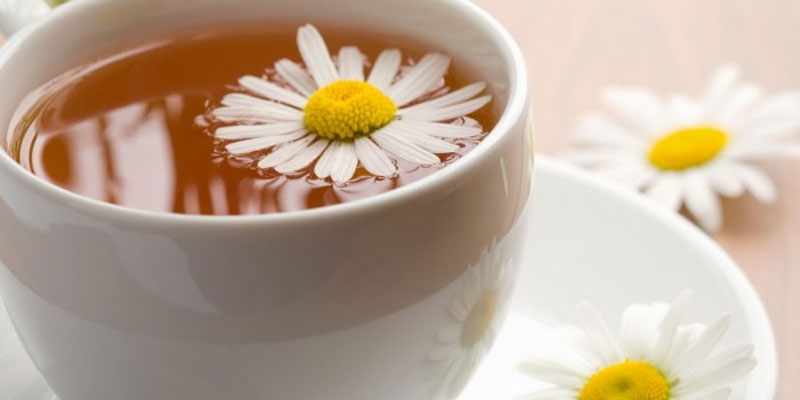
Herbs, however, can interact with other herbs, supplements, or medications. For these reasons, you should take herbs with care, under the supervision of a health care provider. Roman chamomile is considered generally safe. Chamomile may make asthma worse, so people with asthma should not take it. Pregnant women should avoid chamomile because of the risk of miscarriage. If you are allergic to asters, daisies, chrysanthemums, or ragweed, you may also be allergic to chamomile.
Scientists haven’t studied Roman chamomile in children. Herbal practitioners may suggest a dose similar to German chamomile, 1 - 2 oz. of tea per day. Talk to your doctor to find the right dose before giving Roman chamomile to a child.
The use of herbs is a time-honored approach to strengthening the body and treating disease. Highly concentrated chamomile tea may cause vomiting. Stop taking chamomile at least 2 weeks before surgery or dental work, because of the risk of bleeding.